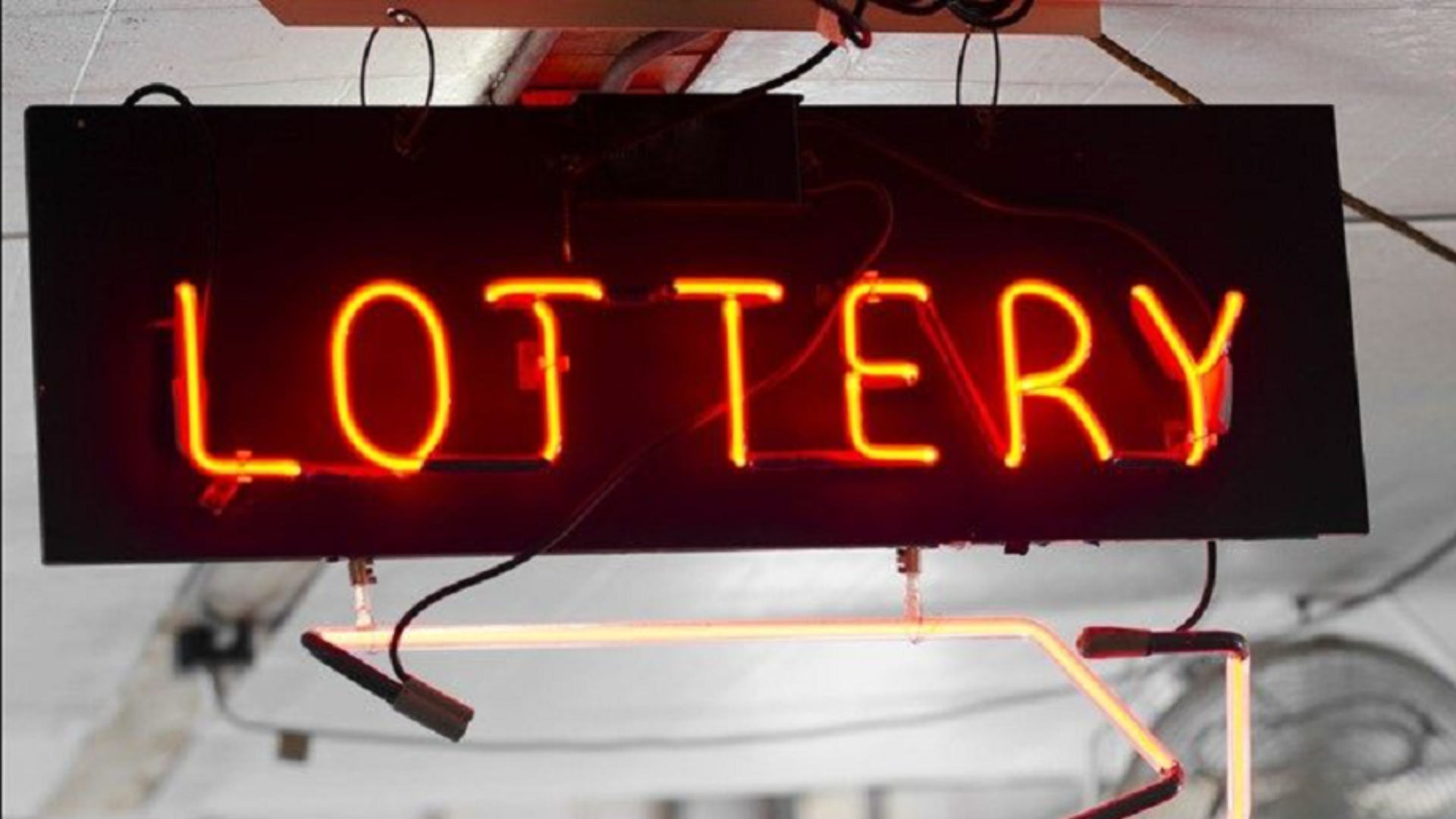LOUISVILLE, Ky. – They called themselves the Dirty Dozen, and when the 12 coworkers at Pita Pan Old World Bakery in Chicago Heights, Illinois, won a $118 million lottery drawing in 2012, they were ecstatic.
That was until 11 of their colleagues came out of the woodwork and insisted they were in on the pool and deserved a slice of the pie.
It took three years and six law firms to settle the dispute. Eventually, the Dirty Dozen got $6 million each while six others split $13.8 – but nobody got a penny while the fight was tied up in court.
The simple lesson, say lottery officials and lawyers, is that before you plunk down your money in an office lottery pool, get everything in writing. Feelings of euphoria after a big win can easily turn to anger and litigation.
“The parties should sign a written contract, identifying each participant,” Chicago lawyer Michael Haugh, who represented the Dirty Dozen, said in an interview Wednesday.
“Money has a way of corrupting people,” he said, “and when you get into the hundreds of millions of dollars, otherwise honest people might be tempted to present a claim they know is invalid.”
Coworkers across the country are frantically pooling their money this week as the combined payouts for the Mega Millions and Powerball skyrocketed to nearly $1.2 billion.
By the next drawing Friday night, the Mega Millions jackpot will be at least $848 million, although you are 258 times more likely to be struck by lightning than to win.
No matter the amount, it's winners beware, said Chip Polston, spokesman for the Kentucky Lottery Corp.
“We’ve seen office pools go really well and heard of some that have gone badly,'' Polston said. "A big no-no is commingling personal and group tickets.”
Horror stories abound:
► In Youngstown, Ohio, in 2011, Edward Hairston sued cabinet company coworkers for freezing him out of a $99 million payout. He claimed he’d participated in an office pool for eight years and they should have covered his contribution when he was out three months with a back injury. The suit was settled out of court for a confidential amount.
► In New Jersey in 2009, Americo Lopes won a Mega Millions jackpot worth $38.5 million using a ticket he’d bought as part of a pool with five other construction workers. But instead of telling them, he asked his boss for extended time off to have foot surgery. The coworkers found out and sued him. Each collected about $2 million.
► In Grand Bay, Alabama, in 2009, former Waffle House waitress Tonda Dickerson won about $10 million in a Florida lottery with one of five tickets a regular customer gave to restaurant employees. The coworkers claimed they had agreed to split winnings and to buy the customer a pickup truck. The court said the deal was an oral contract, but unenforceable because gambling is illegal in Alabama.
Not all pool wins go sour.
In Louisville in 2013, 27 information technology workers at Humana Inc. chipped in and won a $1 million Powerball prize. They then voted to share with two colleagues who had pitched in for years but were gone when money for the winning ticket was collected.
“I remember asking one guy why they did it” Polston said, “and without missing a beat he said, ‘Karma just dumped this cash in my lap. Who am I to go against that now?’ "
The Illinois Lottery offers tips for pool players and an online contract that can be downloaded.
Among other things, Illinois recommends:
► Only participate in a lottery group with people you know and trust.
► Pick a diligent pool leader responsible for tracking members, collecting money, purchasing tickets, monitoring winnings and keeping detailed records.
► Distribute an accounting of all money collected and all tickets purchased before the drawing.
► Give photocopies of the front and back of each ticket to all pool members.
The Kentucky Lottery ran a lottery “captain” program for several years but discontinued it about two years ago due to a lack of sustained interest by players, Polston said.
The other option, of course, is to buy your own tickets.
“Buying tickets in a pool increases your chances of winning,” said Haugh, the Chicago lawyer, “but it also increases your chances of disagreements.”
Follow Andrew Wolfson on Twitter: @adwolfson

